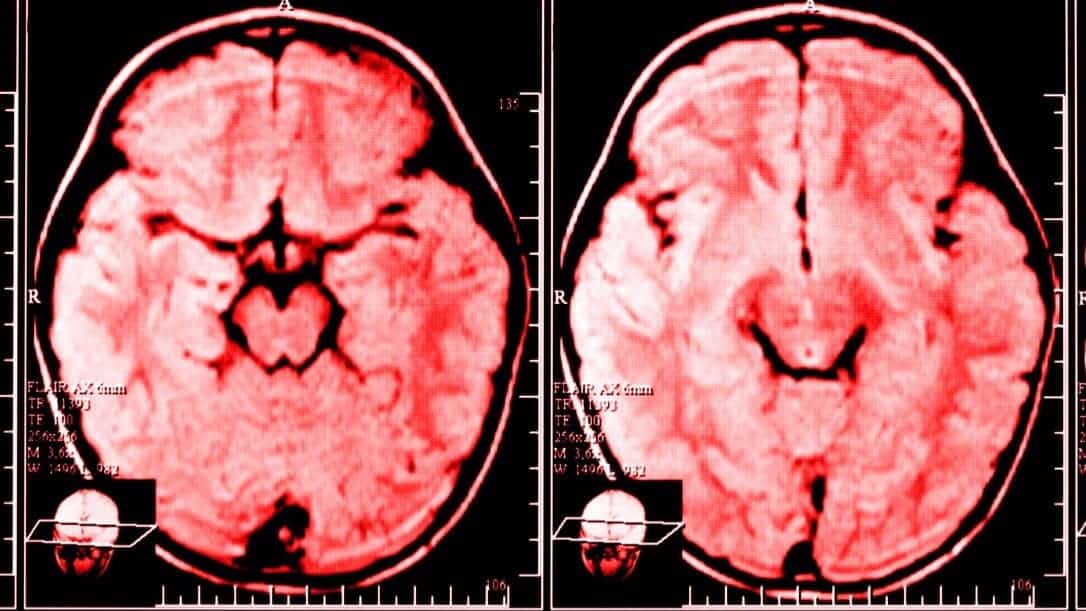The human brain is remarkably malleable. It can be shaped like a ball of Play-Doh, just with a bit more time and effort.
Within the last twenty years, thanks to rapid development in the spheres of brain imaging and neuroscience, we can now say for sure that the brain is capable of re-engineering. In fact, you could say that we can facilitate these changes.
In many ways, neuroplasticity – an umbrella term describing the lasting change to the brain throughout a person’s life – is a beautiful thing.
We can change our brain for the positive, so we don’t have to feel “stuck”. We can increase our intelligence (our “I.Q.”). And, we can learn new, life-changing skills. In some instances, a person can recover from brain damage. Finally, we can become more emotionally intelligent by “unlearning” harmful behaviors, beliefs, and habits.
But, another side of the coin is that we can redesign our brains for the worse! Fortunately, we can right the ship again thanks to our ability to unlearn harmful behaviors, beliefs, and habits!
Both Good and Bad Beliefs Change The Brain
Donald Hebb, an early pioneer of neuroplasticity and neuropsychology, famously said:
“Neurons that fire together, wire together.”
Dr. Michael Merzenich, now recognized as perhaps the world’s most renowned neuroscientist, built on Hebb’s work, proving the relationship between our thoughts (“neurons that fire”) and structural changes in the brain (“wire together.”)
Among Dr. Merzenich’s numerous discoveries, this one may be the most important:
“Your experiences, behaviors, thinking, habits, thought patterns, and ways of reacting to world are inseparable from how your brain wires itself.”
Negative habits change your brain for the worse. Positive practices change your brain for the better.
Neuroplasticity and Illness
Alex Korb, Ph.D., and author of The Upward Spiral: Using Neuroscience to Reverse the Course of Depression, One Small Change at a Time, said this profound statement,
“In depression, there’s nothing fundamentally wrong with the brain. It’s simply that the particular tuning of neural circuits creates the tendency toward a pattern of depression. It has to do with the way the brain deals with stress, planning, habits, decision making and a dozen other things — the dynamic interaction of all those circuits. And once a pattern starts to form, it causes dozens of tiny changes throughout the brain that create a downward spiral.”
Neuroplasticity can be both the problem and the solution.
Complaining and Brain Changes
We will get a bit more specific now, discussing the effects of negative behaviors – specifically, complaining – and how these behaviors alter the brain’s structure.
We all know that one continually negative person is someone who never seems satisfied with anything or anyone.
Negative people are almost always complainers without fail. Worse, complainers are not satisfied in keeping their thoughts and feelings to themselves; instead, they’ll seek out some unwilling participant and vent.
Undoubtedly annoying to their friends and family, these complainers aren’t to be chastised but understood.
Of course, we all complain from time to time. In fact, researchers from Clemson University empirically demonstrated that everyone occasionally grumbles. Some do so much more often than others.
Complainers generally fall into one of three groups:
Attention-seeking Complainers:
These are people who seek attention through complaining. They dwell on about how they’ve got it worse than everyone else. Ironically, rational people are apt to ignore outright the person rather than waste mental energy, focusing on their negativity.
Chronic Complainers:
These folks live in a constant state of complaint. If they’re not voicing about their “woe is me” attitude, they’re probably thinking about it.
Psychologists term this compulsory behavior rumination, defined as “repetitively going over a thought or a problem without completion.” Unfortunately, rumination directly relays to the depressed and anxious brain.
Low-E.Q. Complainers:
‘E.Q.’ is short for emotional quotient, and constituents within this group are short on E.Q. What I.Q. is to intelligence, E.Q. is to emotional understanding.
These people aren’t interested in your perspective, thoughts, or feelings. You’re a sounding board – a brick wall. As such, they’ll dwell and vent at every opportunity.
So is the Brain to Blame?
The answer is (mostly) “Yes.” You see, most negative people don’t want to feel this way. Who truly would? Truth be told, it may not consciously be their fault.
If allowed to loop within the brain continually, harmful behaviors such as complaining will inevitably alter thought processes. Altered thoughts lead to altered beliefs, leading to a behavior change.
Additionally, our brain possesses something called the negativity bias. In simple terms, negativity bias is the brain’s tendency to focus more on adverse circumstances than positive.
Dr. Rick Hanson, a neuroscientist and author of Buddha’s Brain, explains negativity bias:
“Negative stimuli produce more neural activity than do equally intensive positive ones. They are also perceived more easily and quickly.”
Repetition is the mother of all learning. When we repeatedly focus on the negative by complaining, we’re firing and re-firing the neurons responsible for the negativity bias.
We’re creating our negative behavior through repetition.
Final Thoughts on the Changing Your Brain to Stop Complaining
It’s not possible to be “happy-go-lucky” all of the time – and we shouldn’t try. It’s crucial to process feelings naturally as they come in. We should, however, take concrete steps to counteract negative thinking.
Research has repeatedly shown that affirmations, meditation, and mindfulness are perhaps the most powerful tools for combating negativity.
Positive psychology researcher Barbara Fredrickson and her colleagues at the University of North Carolina showed that people who meditate daily display more positive emotions than those who do not.
Following a three month experiment, Fredrickson’s team noted that “people who meditated daily continued to display increased mindfulness, purpose in life, social support, and decreased illness symptoms.”
After learning the basics of meditation, which focuses on breathing, create a daily meditation schedule that works for you. Indeed, just fifteen to twenty minutes of daily meditation may make a massive difference in your life and increase your brain’s capacity. And, you’ll be better equipped to resist the temptation to complain.


















